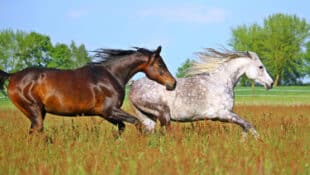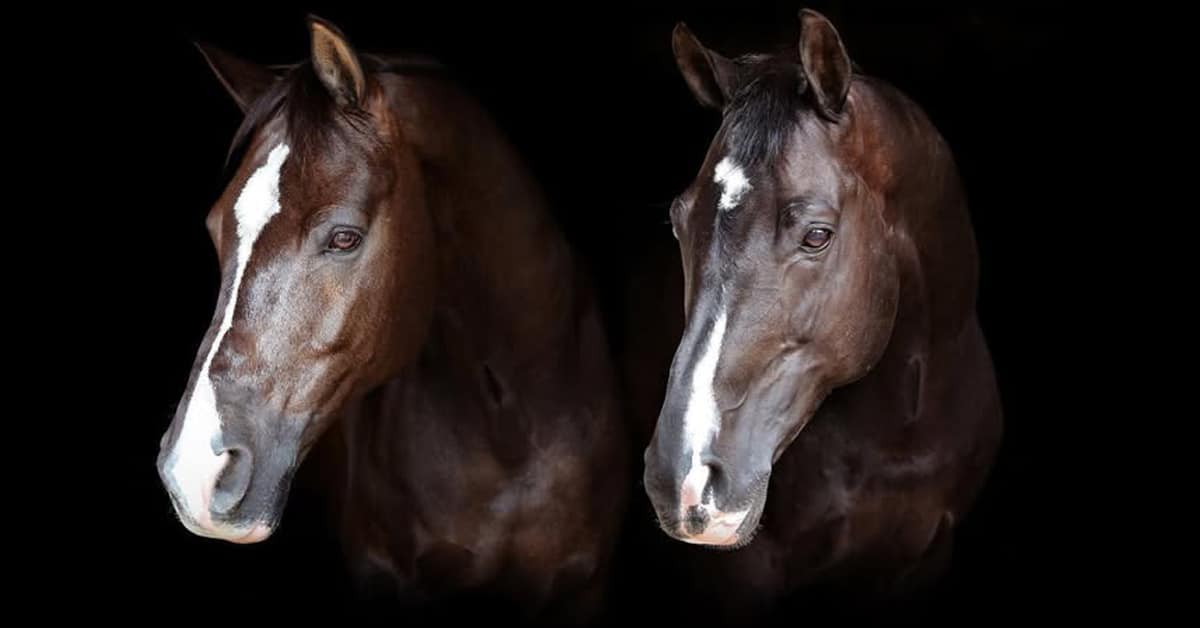Aspiring and/or established dressage coaches who are interested in advancing their coaching certifications are welcome to apply.
World Horse Welfare’s annual conference in London featured presentations from myriad equine professionals and is now available online.
Aboard First Lady, the US rider defended his title in the $182,000 5* Qualifier, narrowly edging Nina Mallevaey and Dynastie De Beaufour.
The French rider attributes much of her success during "the best year of my career" to the trust the Rein family has placed in her.
A recent survey of 154 barns housing over 1,500 lesson horses examined their care, welfare challenges, and the road ahead.
Market Trends, Foreign Investment & What it Means for Breeders
The traditional, festive holiday horse show features a stellar international lineup, including Canadian Kara Chad.
The senior dressage stars had competed, travelled and retired together, and were allowed to "leave this world together."
This hard-working couple who "started with almost nothing" now run a successful horse business in Europe and proudly ride under the Canadian flag.
Kent Farrington continued his 2025 blitz by winning the $200,000 Grand Prix; a number of Canadians fared well over the four-day show.










